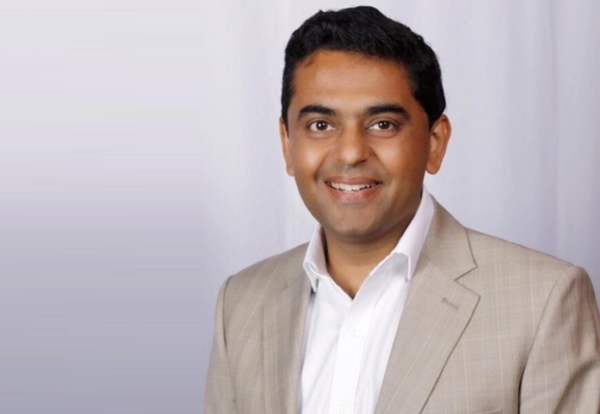


The first in the Capgemini Leaders in Innovation Series is all about Jerry Callahan's passion for sustainability and efficient design.
Drew Carlson on Hamilton Beach's sustainability efforts, from reduced packaging to recycling test appliances.
Glen Fields on digital transformation in the manufacturing world, from AR, to cloud, to data analytics, to digital twins.